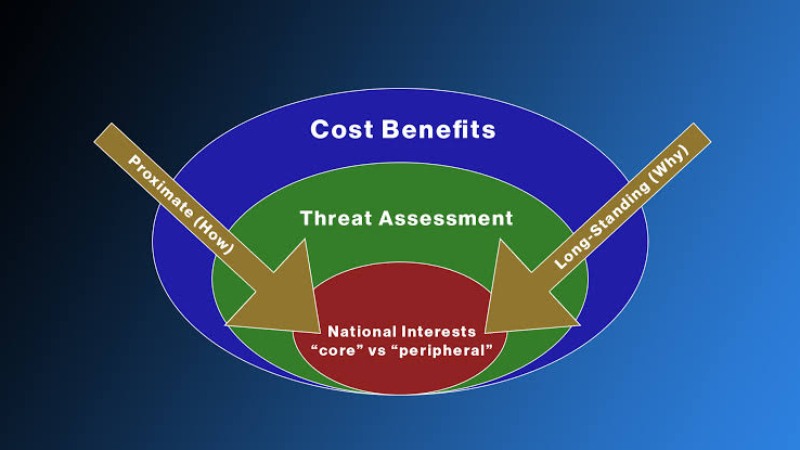
A major political transformation is unfolding in Afghanistan as the recently announced Islamabad Declaration gains momentum, marking a pivotal moment in the region’s history. Organised by the Muslim World League and endorsed by the Organization of Islamic Cooperation (OIC), the government of Pakistan and leading Islamic scholars, this landmark declaration directly challenges the prevailing ideology that has governed Afghanistan for over three years.
Despite diplomatic engagements with global powers such as India, Russia, the UAE, and China, Afghanistan’s current administration remains increasingly isolated. Economic instability, heightened border terrorism, and dwindling foreign aid have weakened its grip on power. The Islamabad Declaration signals a growing consensus within the Muslim world against its theological and political foundations.
Afghanistan’s economy continues to deteriorate, largely dependent on humanitarian assistance from Western nations. Since 2021, the United States alone has contributed $2.6 billion in aid while simultaneously withholding billions in frozen assets from Afghanistan’s central bank. Despite this aid, the situation remains dire, with millions facing starvation and 3.5 million children suffering from malnutrition, according to the World Food Programme.
No country has officially recognized the current Afghan government due to its continued subjugation of women. Women face forced marriages, educational bans beyond the age of 12, and prohibitions from medical professions such as nursing and dentistry.
At this recent global education summit in Pakistan, Nobel laureate Malala Yousafzai condemned the suppression of women’s rights, stating that the Afghan administration “does not see women as human.” This statement was made at an influential conference on girls’ education, hosted by Dr. Mohammad bin Abdulkarim Al-Issa, Secretary-General of the Muslim World League (MWL), the world’s largest Islamic NGO.
The convenor and architect of this conference and historic declaration, Dr. Al-Issa’s leadership in theological reform and human rights has already been widely recognized. This includes his efforts in promoting the Makkah Charter in 2019—a document endorsed by over 6,000 Islamic scholars to affirm universal human rights. His continued advocacy for girls’ education has now culminated in the Islamabad Declaration, a unified rejection of extremist ideology, endorsed by prominent Islamic scholars, civil society leaders, and the Pakistani Prime Minister.
The declaration is particularly significant as it has gained backing from traditionally conservative Islamic sects, including Deobandi, Hanafi, and Haqqani scholars, marking a rare moment of consensus in the Islamic world.
At its core, the Islamabad Declaration delivers an unprecedented rebuke of the ideology that has fueled repression in Afghanistan. It firmly establishes girls’ education as a fundamental Islamic right, directly undercutting any religious justification for its restriction.
The declaration also includes concrete commitments to action with the Muslim World League launching several initiatives and programmes including:
- Scholarship programs and leadership training for Afghan girls.
- Global awareness campaigns to align Islamic teachings with the right to education.
- Direct support for refugee organizations, ensuring displaced Afghan girls have access to education.
These measures aim to mobilize the global Islamic community against extremist repression, providing tangible solutions where diplomatic and military efforts have fallen short.
The Islamabad Declaration is more than a domestic challenge; it represents a regional and international shift against extremist ideology. It sets a precedent for defending women’s rights and education not just in Afghanistan but also in regions facing similar challenges, including Iran, Yemen, Nigeria, and Somalia.
With its ideological foundations eroding and international isolation growing, Afghanistan’s leadership now faces an existential choice: Reform or risk collapse.
About Author:
Zahra Khan PhD is an author, entrepreneur, and gender activist. She is currently an associate at the Center of Gender and Disaster. She also co-founded WanderHER, a social enterprise empowering women in sustainable tourism. She advocates for gender equality in STEM and sustainable solutions to the climate crisis.